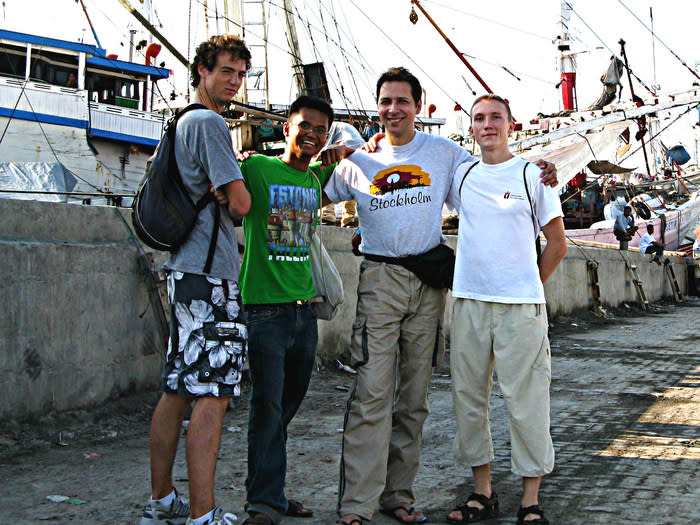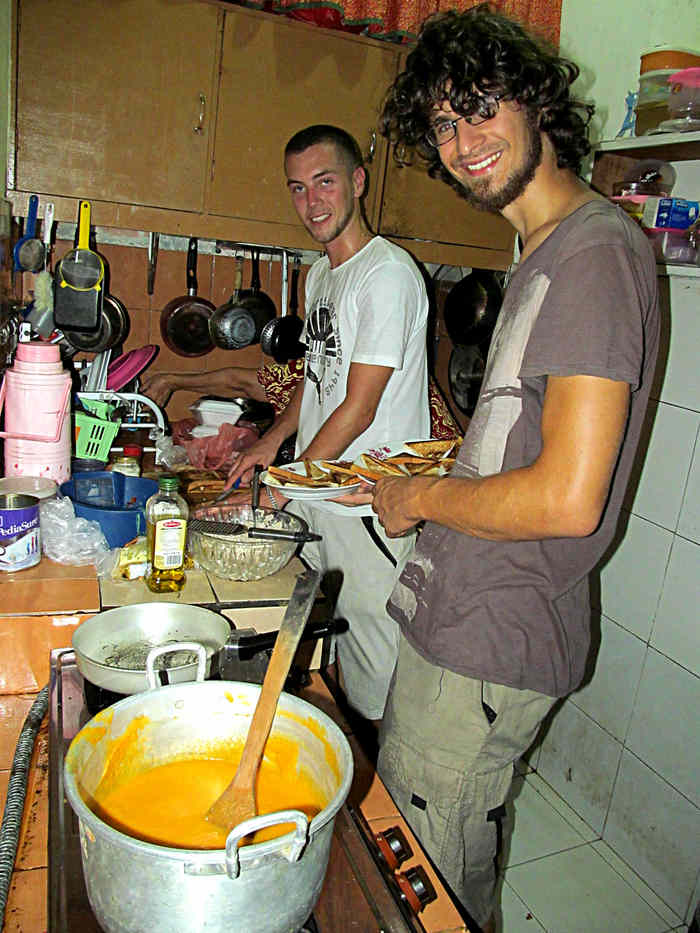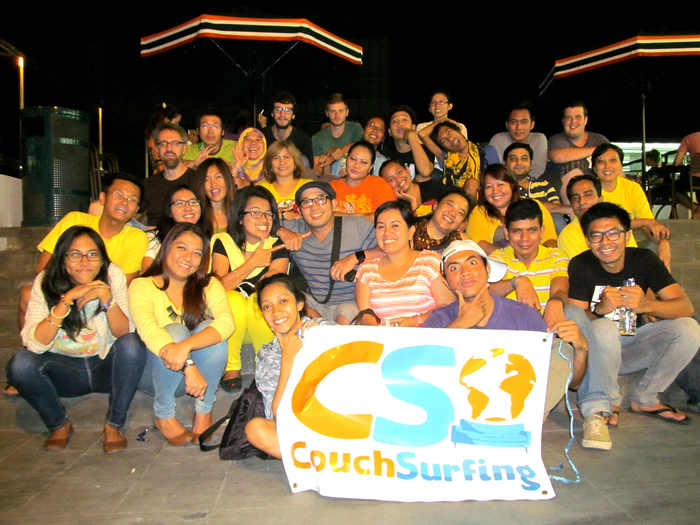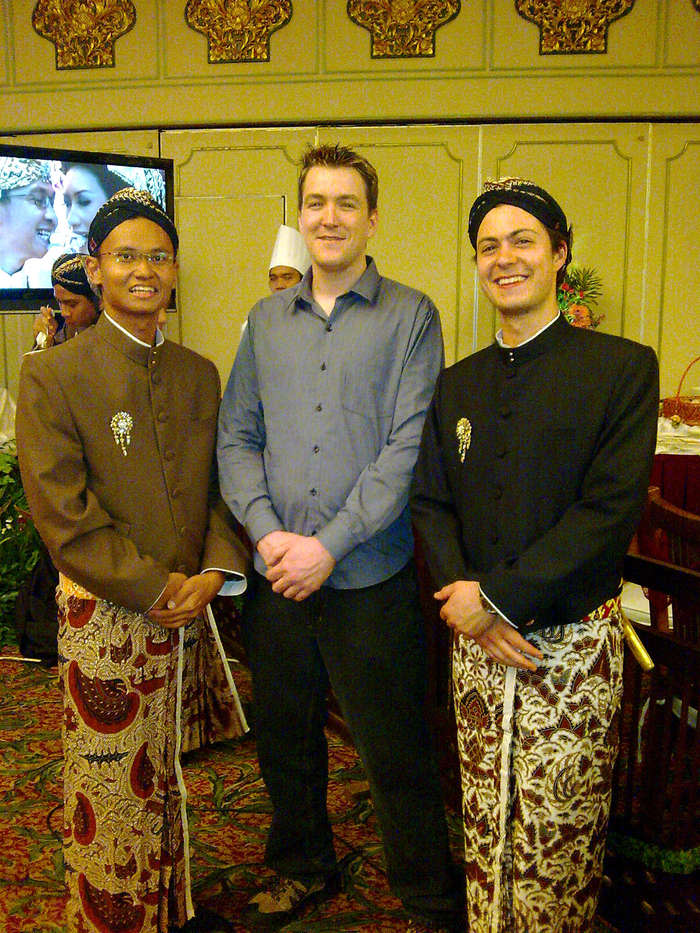Is couch surfing safe in Indonesia?
For travelers, especially budget-conscious ones, saving accommodation costs is important. Aside from staying in a budget hotel, online hospitality exchange services such as Couchsurfing, the Hospitality Club or AirBnB are becoming increasingly popular.
Couchsurfing and Hospitality Club offer social media platforms to exchange accommodation for free, while AirBnB requires travelers to pay a small amount of money to stay at other people's shared establishments — a bit like renting a house.
In Indonesia, Couchsurfing is the most popular hospitality exchange service, and it is currently the largest in the world.
By 2012, there were around 30,000 registered Indonesian members with an average age of between 18 and 24.
Indonesia's Couchsurfing members ("couch surfers") have flourished pretty quickly these past few years and have created a solid offline community.
In several cities, such as Jakarta, Bandung and Yogyakarta, they have their own local city-based communities and hold regular gatherings.
Jaya Limas, who lives in Yogyakarta, has been a Couchsurfing member since August 2009. At first, his intention to host other coach surfers was to be able to meet new people as well as to learn some cultural knowledge from his guests.
Later, his keen interest in food encouraged Limas to ask his guests to cook their favorite local dishes for him to try.
“I believe that we can get to know and understand each other's cultures better through food,” he said. Not only delicious on the palate, food can also serve as social icebreaker.
Curious about breaking down cultural barriers among people, Kartini Tampubolon, who lives in Jakarta, signed up as a Couchsurfing member in 2009.
Up until now, she has hosted couch surfers from across Asia and Europe on more than 20 occasions.
The cultural encounters she has experienced are varied.
One time, she hosted an Argentinian couple at her house, who presented her with a homemade dreamcatcher with a sweet personal message.
“Having strangers become good friends — like the Argentinian couple — in such a short time is indeed the best hosting experience,” she explained.
But such experiences are not always the norm.
Limas once found his backyard full of litter and his kitchen cluttered after leaving his house for a few days to a group of couch surfers.
“That kind of experience is very irritating,” he said, expressing his annoyance.
However, that bad experience didn't stop him from welcoming surfers to his home.
For travelers seeking to stay in other people's houses, he recommended they follow the tips provided on the Couchsurfing website. “Read the member's profile thoroughly and always prepare a plan B and plan C,” he suggested.
Fajar Rizaldin, another couch surfer who resides in Jakarta, said it was always better to ask for the dos and don’ts to avoid any potential embarrassment or faux pas.
Just remember not to pose too many questions; that could make social interaction uncomfortable. “It's couch surfing, not free lodging,” Fajar added.
With regard to safety, similar to staying at a hotel, never leave your valuable belongings unattended, especially if you are out. Always use your instinct to be aware of anything suspicious or peculiar.
Kartini said that couch surfing in Indonesia was perfectly safe as long as travelers were selective in choosing hosts with positive references.
She also suggested couch surfers to keep an open mind as much as possible. “Don't be surprised or annoyed by cultural and/or lifestyle differences. Be curious instead!” she said.
Read also:






